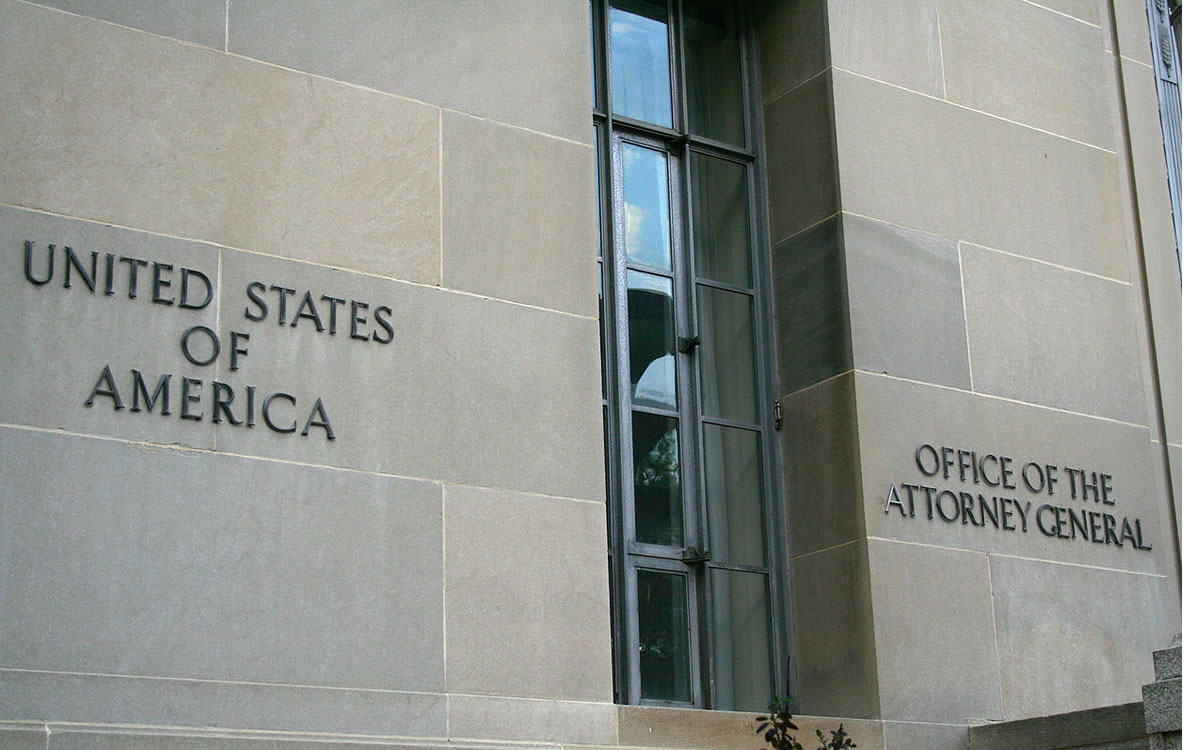
By Henry Leventis, special to Statehouse Report | Overcoming racism and acts of brutality by the police requires strong federal oversight. The U.S. Justice Department (DOJ), in particular its Civil Rights Division, was created to protect our constitutional rights, including the right to be free from discrimination and excessive force by police. The recent and tragic deaths of George Floyd, Breonna Taylor, Rayshard Brooks and others at the hands of the police remind us why strong federal oversight is needed now more than ever. The DOJ must take the lead in holding everyone, including police officers, equally accountable under the law.

To do so, it must employ all of its resources to identify and root out discriminatory policing and earn the confidence of communities of color. The DOJ has many tools at its disposal, including sections of highly-qualified civil and criminal attorneys focused solely on police misconduct. This expertise is critical when prosecuting police officers because many local prosecutors’ offices are not equipped to handle police brutality cases. Additionally, victims of discriminatory policing will not expect fair treatment from prosecutors who work every day alongside some of the very police departments that violate their rights.
The DOJ also has a Community Relations Service (CRS) meant to build relationships with communities of color before flashpoint events occur. It must prioritize the work of both the Civil Rights Division and CRS and fully empower these groups to do the work they were intended to do.
Regrettably, the current administration’s police oversight efforts are plagued by many avoidable missteps. Former U.S. Attorney General Jeff Sessions severely limited the use of consent decrees — legally enforceable agreements with police departments — that have been successfully used under previous administrations to curb discriminatory policing practices. U.S. Attorney General William Barr has done nothing to change that. This unnecessarily cedes one of the DOJ’s most effective tools for addressing systemic racism in police departments.
At the same time, this administration has not prioritized building relationships with communities of color, hampering its ability to conduct investigations and respond effectively in times of crises. And many of the president’s statements indicate that he has taken sides in the protests over police brutality, making it more difficult for DOJ attorneys to be seen as unbiased.
The administration should reverse course in these areas at once. Further, it should support current legislative proposals requiring police departments to report any use of force to a national database. This would allow the DOJ to use data analytics to quickly identify problem departments and officers and allocate its resources accordingly – an approach that has been wildly successful in other enforcement areas.
This robust approach to federal police oversight would motivate police departments to remove problematic officers before a tragedy occurs. It would provide relief to taxpayers who pay millions of dollars each year to settle police brutality lawsuits. And, most importantly, it would provide communities of color greater confidence that the system works for them. We should demand as much from our federal government, and we should demand it now.
Henry C. Leventis, a Sumter native and 1998 graduate of the College of Charleston, is a former federal prosecutor who handled civil rights cases from 2010 to 2015. He now is in private practice in Nashville, Tenn.
















 We Can Do Better, South Carolina!
We Can Do Better, South Carolina!
I disagree heartily with the inclusion of Rayshard Brooks in the context of “at the hands of police”, which implies that he had nothing to do with the outcome. If he doesn’t resist arrest, fight the officers and grab one of their weapons (and attempt to use it), Mr. Brooks would be here today. I suppose it’s unlikely to get full disclosure of facts from an Obama era Civil Rights Prosecutor, who can ignore his own biases while emphasizing those of the current President.